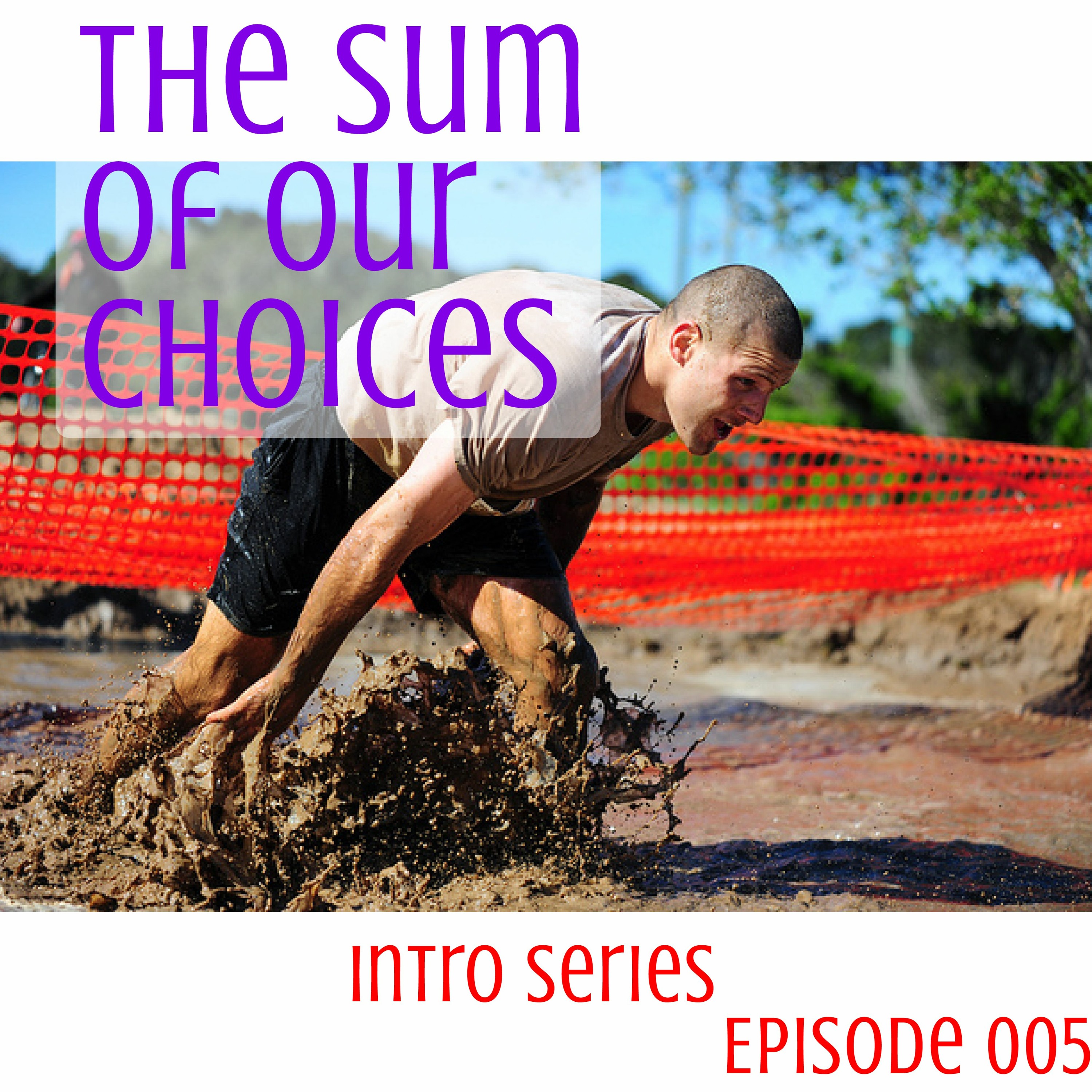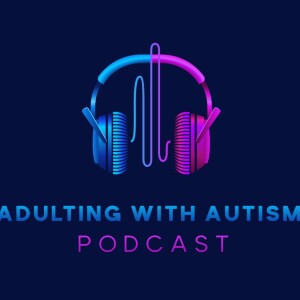

Every teacher can only provide influence and options to students; they are the ones who will make choices for what they do and how they strive (or don’t) to do those things well. We will consider some of the most influential research on how humans make choices for themselves, and then more specifically in the context of education. We’ll consider marshmallows from the 70’s, the more recent elaboration this decade (Rational snacking: young children's decision-making on the marshmallow task is mo...
Every teacher can only provide influence and options to students; they are the ones who will make choices for what they do and how they strive (or don’t) to do those things well. We will consider some of the most influential research on how humans make choices for themselves, and then more specifically in the context of education. We’ll consider marshmallows from the 70’s, the more recent elaboration this decade (Rational snacking: young children's decision-making on the marshmallow task is moderated by beliefs about environmental reliability) and even some new work whose ink is barely dry (Waiting for the Second Treat: Developing Culture-Specific Modes of Self-Regulation). We’ll then take a look at math education, how it contributes to problems with statistics and what we can do across the educational trajectory to address it (A Helping Hand during t-Testing Times). Our debate considers what Machiavelli might have to say about incentives for students and we drink STL Red, a red ale from O’Fallon Brewery in St. Louis.
View more
Comments (3)
More Episodes
All Episodes>>You may also like
Creat Yourt Podcast In Minutes
- Full-featured podcast site
- Unlimited storage and bandwidth
- Comprehensive podcast stats
- Distribute to Apple Podcasts, Spotify, and more
- Make money with your podcast
It is Free












